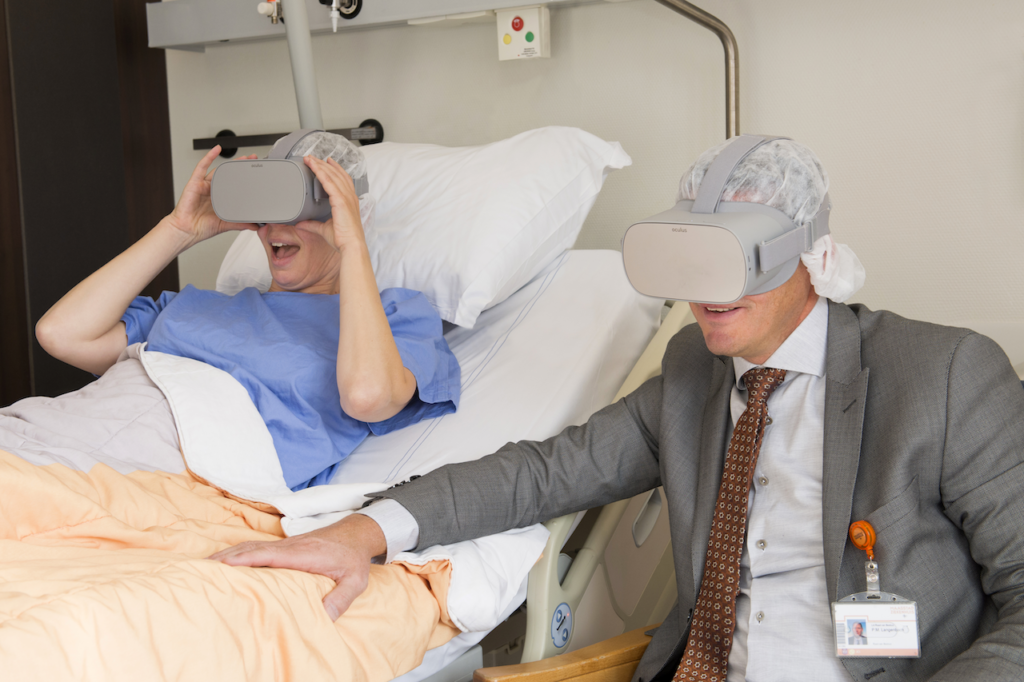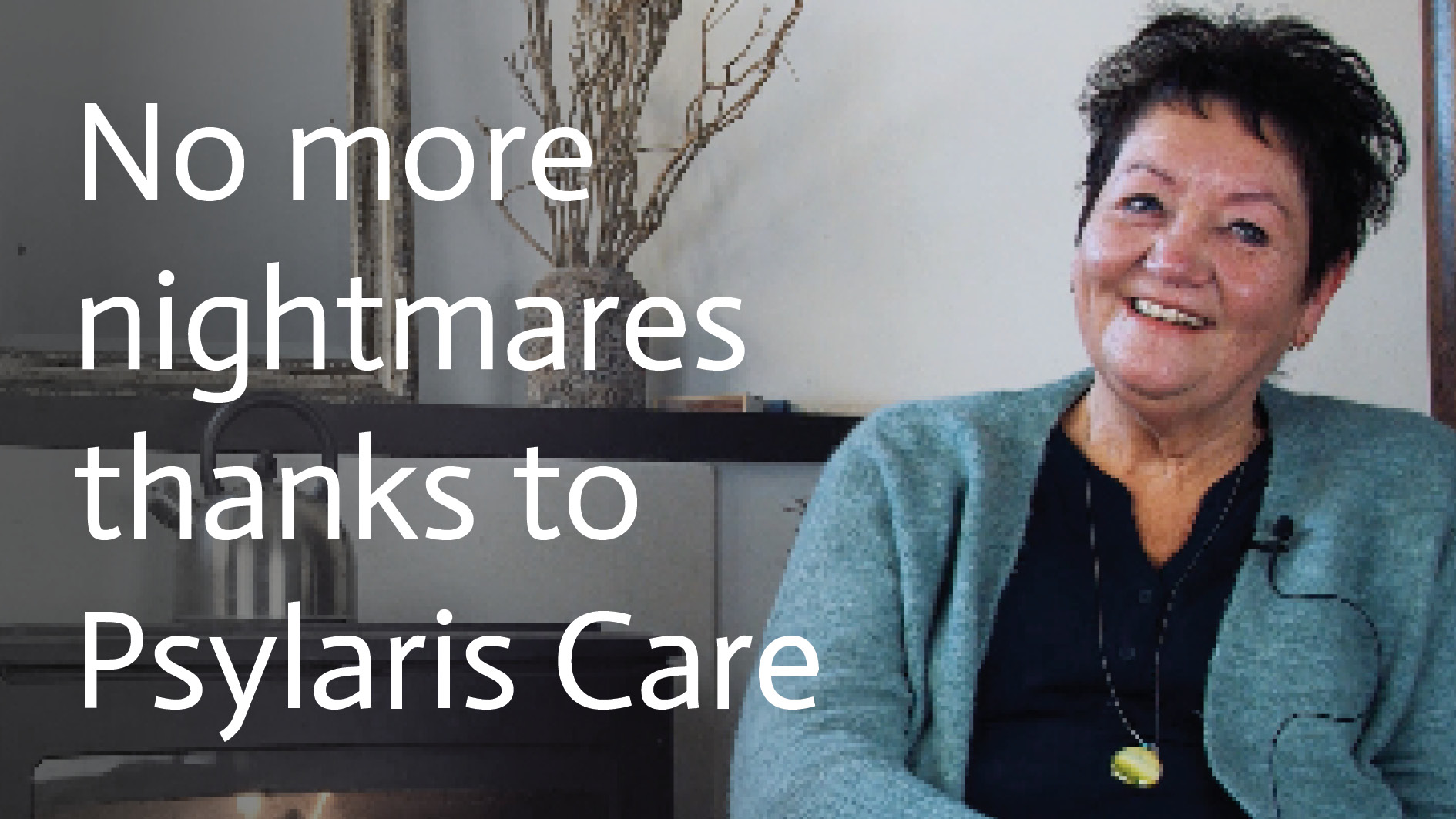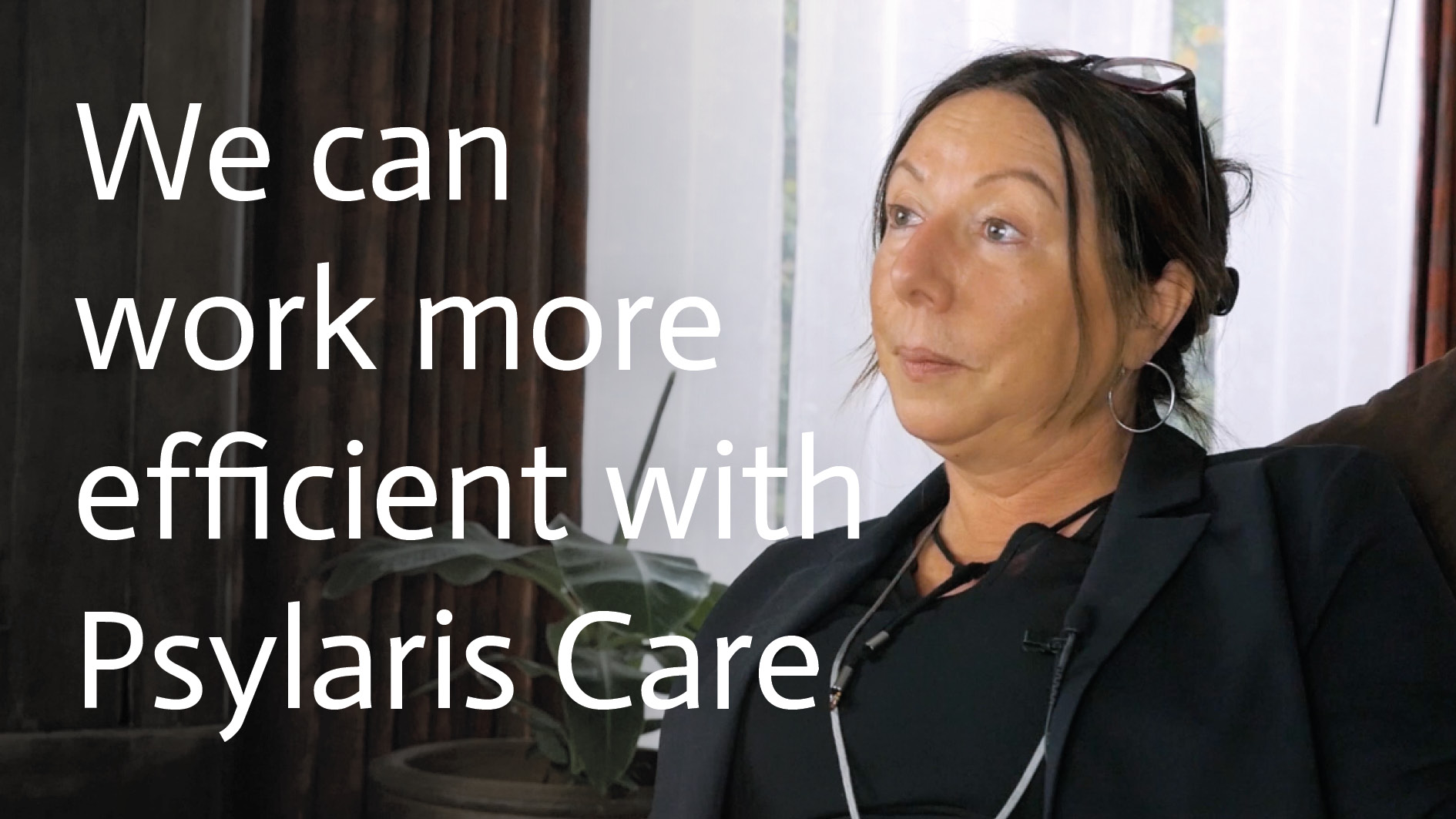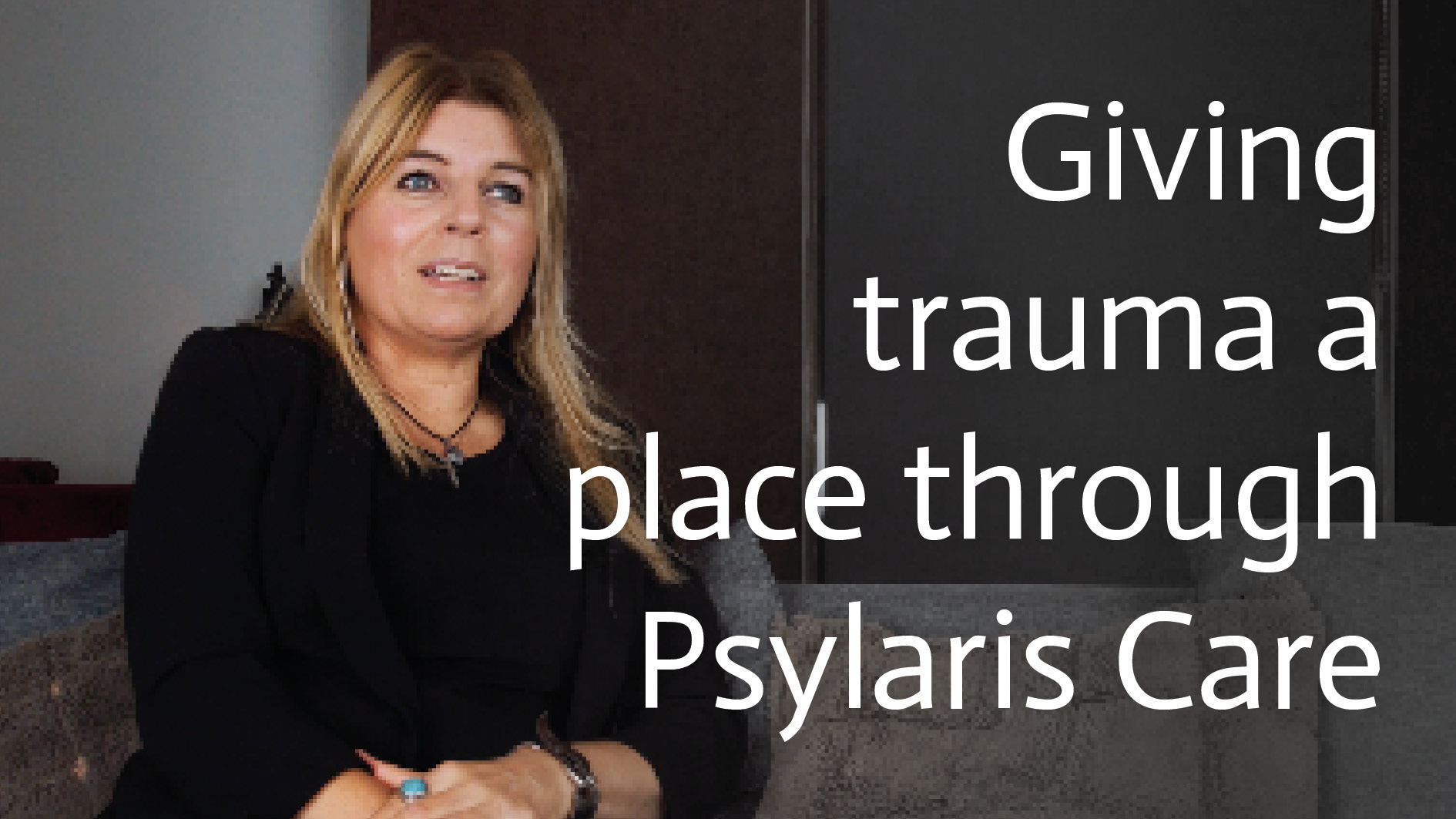Relaxation exercises in times of Corona

Increase in tension complaints due to corona Are your clients also increasingly coming forward with complaints that indicate too much tension? The corona crisis has been having a continuous negative impact on the Dutch population for the past six months. The negative impact can be physical, such as illness or weight gain due to sitting at home, but also mental. By far the most problems [...]
Cooperation between SyncVR and Psylaris

Psylaris and SyncVR Medical enter into intensive cooperation. Dutch companies Psylaris and SyncVR Medical will enter into an intensive collaboration starting July 1. SyncVR Medical, a leading company offering a platform with Virtual Reality (VR) applications for hospitals, will work to bring Psylaris' promising applications to this market. Psylaris is [...]
Online treatment

Five useful tips for online treatment in the GGZ from practice. A necessary switch to online treatment can be quite a task. You may suddenly have to work from home and the boundaries between work and private life may blur. Perhaps the contact with the patient via the computer feels a little awkward and you [...]
EMDR 2.0

EMDR 2.0 sounds like the upgrade of a software programme or the latest version of an online game. And let that be exactly what EMDR 2.0 is: standard EMDR-therapy but even more effective! With a number of imaginative handles for therapists, the effectiveness of the therapy can be lifted to a higher level. What is EMDR [...]
Will e-Health improve the world?

Advantages and disadvantages of e-Health e-Health, a term that has become indispensable in the world of health. Companies that do not use it, or have not yet done so, are few and far between. Examples range from video calling to the use of robotics and from apps to Virtual Reality applications. A broad concept [...]
EMDR can be different

That Eye Movement Desensitization and Reprocessing (EMDR) is an effective treatment method is something we can now conclude. Not that there are no critical voices; there is still plenty of debate. Is it really therapy, and not just intervention? And isn't the focus on a specific fear or trauma too specific? Doesn't that make you see [...]
Waiting times in mental health care - is the end in sight?

Waiting times in the GGZ have been a major problem for years. The Tree norms drawn up in 1999 by Zorgverzekeraars Nederland, which set out the maximum acceptable waiting times per type of care, are structurally greatly exceeded. The intention was that these standards would make themselves redundant within three years, i.e. in 2002. In the meantime, early 2019 [...].
Carefree benefit from data in the GGZ

In health care, including mental health care, technology is increasingly being used to improve care and hopefully reduce waiting times in the short term. The use of this technology - for example in monitoring heart rate, glucose levels or in the use of meditation apps - provides [...]
Is blended care the solution?

Blended care falls under the heading of E-health and is a relatively new concept within (mental) health care. In fact, it means little more than regular face-to-face contact moments with a doctor or therapist, combined with interventions via the ever-expanding digital channels. Think, for example, of consultation hours via chat or video calling, or online counselling or therapy.
This should be offered in every practice tomorrow!

2017 was a tough year for Kevin. He experienced a traumatic event. Despite the severity of his symptoms, he ended up on a waiting list for some time. When there was finally room for him, he ended up at a practice where he underwent regular EMDR therapy for a time. In the summer of 2018, [...]




